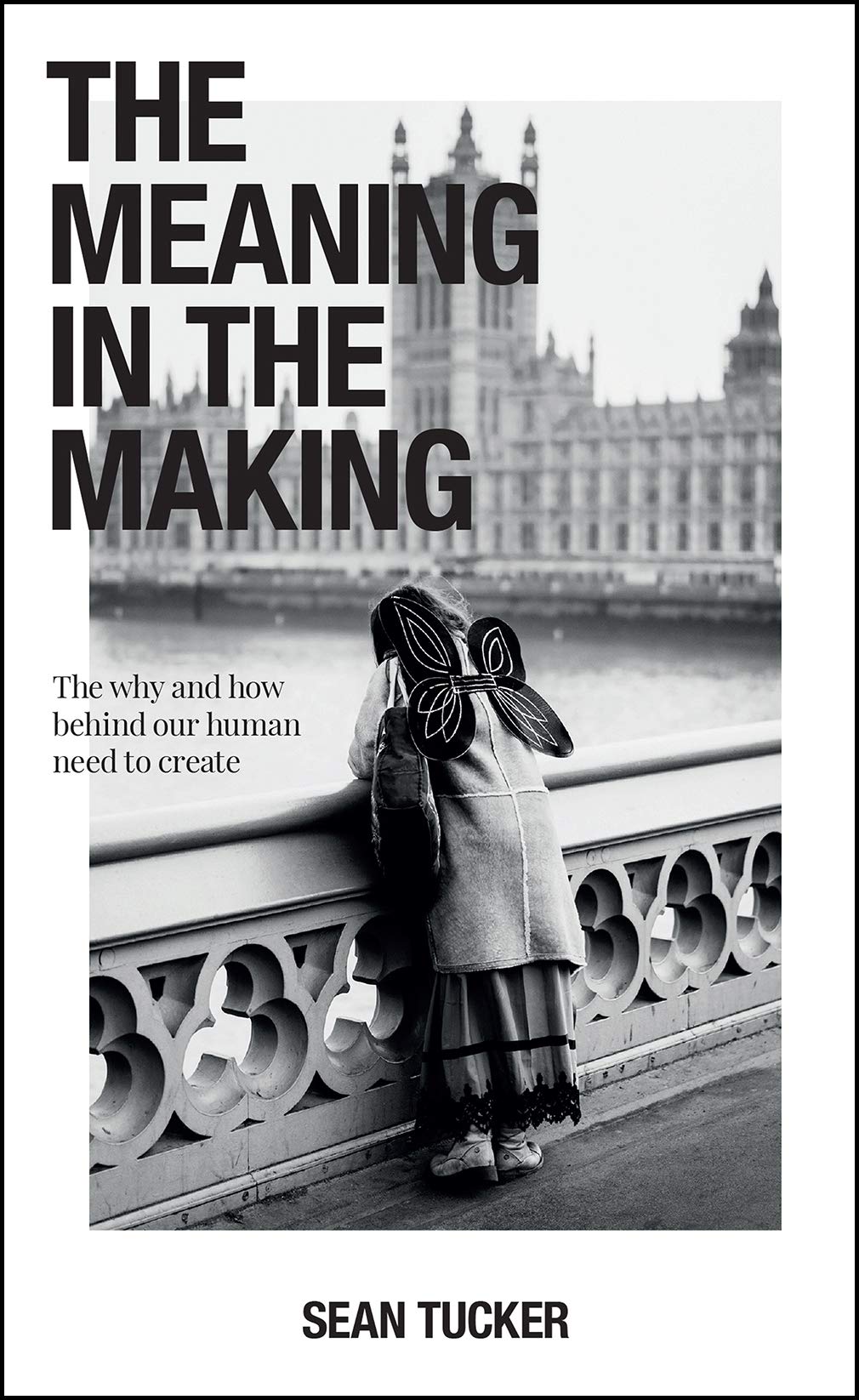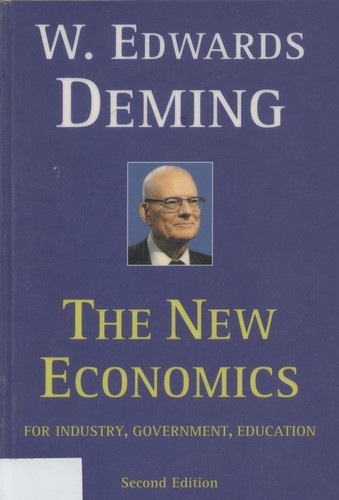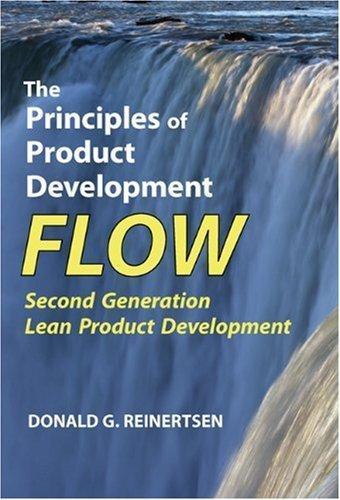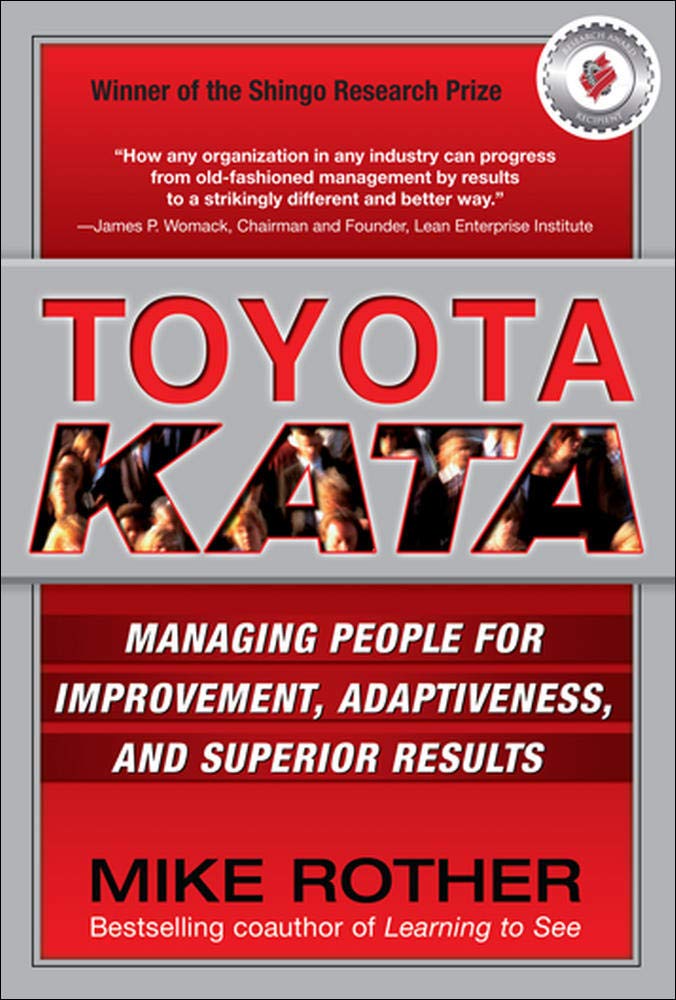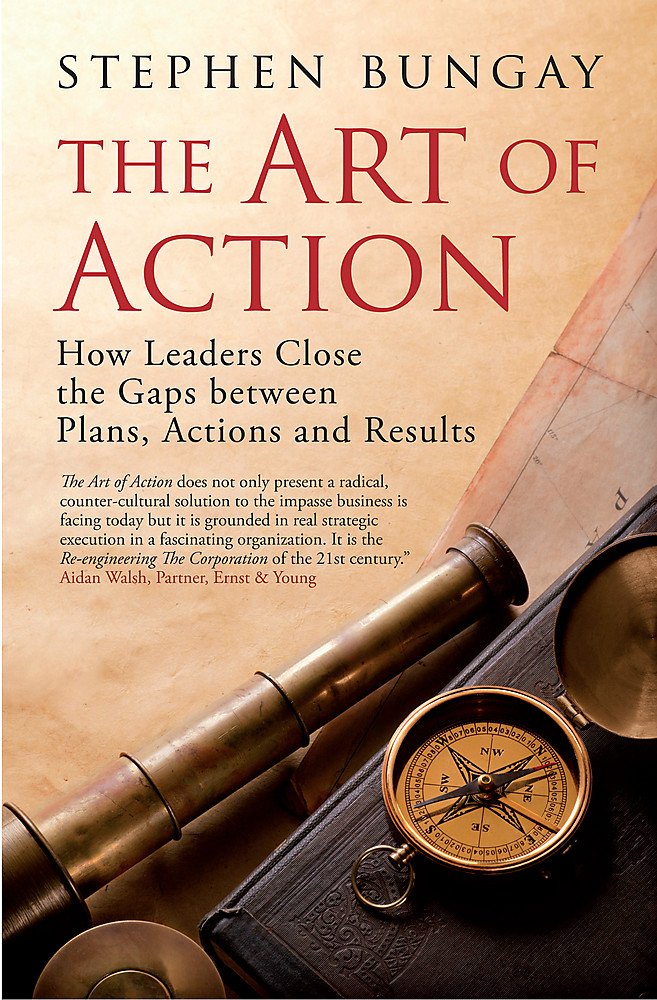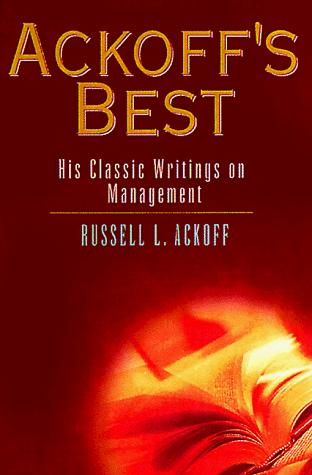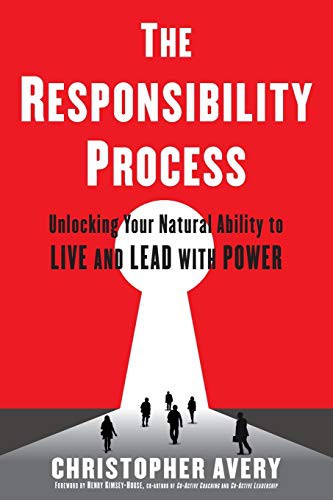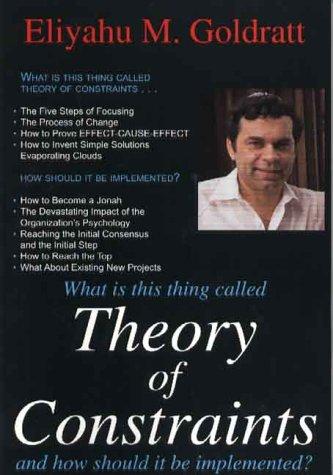Jens Comiotto-Mayer reviewed Meaning in the Making by Sean Tucker
Review of 'Meaning in the Making' on 'Goodreads'
5 stars
"The Meaning in the Making" is a gift to every creative person, but especially to those standing at the crossroads of deepening their artistic passion or shying away from the bumpy road that lies ahead. It sheds some light on the human need to create, on carving "logos" from "chaos", and the importance of treating inspiration as an active, but not pressed process. It talks about finding the right balance between your ego and the need to keep it under control, about the dangers of wanting to impress the wrong people and all the seductions and shortcuts which might hinder you from finding your own voice for some meaningless short time satisfaction.
"The Meaning in the Making" wants to offer some guidance on how you could find the capital "T" Truth for your work so you can identify your inner "deep gladness" and meet it with "the world's deep hunger". …
"The Meaning in the Making" is a gift to every creative person, but especially to those standing at the crossroads of deepening their artistic passion or shying away from the bumpy road that lies ahead. It sheds some light on the human need to create, on carving "logos" from "chaos", and the importance of treating inspiration as an active, but not pressed process. It talks about finding the right balance between your ego and the need to keep it under control, about the dangers of wanting to impress the wrong people and all the seductions and shortcuts which might hinder you from finding your own voice for some meaningless short time satisfaction.
"The Meaning in the Making" wants to offer some guidance on how you could find the capital "T" Truth for your work so you can identify your inner "deep gladness" and meet it with "the world's deep hunger". It provokes challenging questions which you finally have to ask yourself, since this is – thankfully! – not yet another book on "How to become a better photographer in 10 Weeks" and neither a "This is how it worked for me, so it must work for you" self-help literature scam.
"The Meaning in the Making" is some honest and humble but profound advice. It offers philosophical and personal, sometimes even intimate perspectives that might reassure or surprise you. I hope it resonates with you as it did with me.

